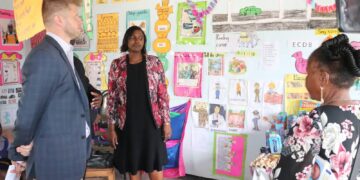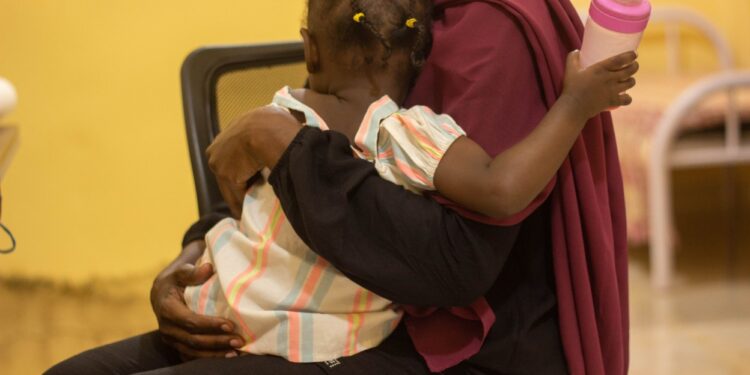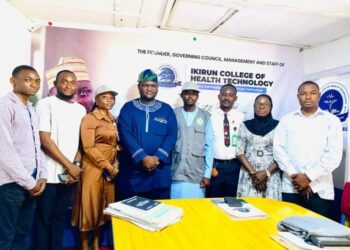As violence intensifies across Sudan’s Darfur region, thousands of civilians, including children, are facing extreme danger, forced displacement, and dwindling access to basic necessities, the United Nations Children’s Fund (UNICEF) has warned.
In a statement issued by UNICEF Representative to Sudan, Sheldon Yett, the organization raised alarms over the worsening humanitarian crisis following renewed conflict that erupted on April 11. “Children are bearing the brunt of this catastrophe,” said Yett, highlighting the forced displacement of thousands of families, many for the second or third time.
The towns of Al Fasher and Tawila have become major hubs for displaced populations. Al Fasher now hosts around 150,000 people in makeshift shelters including unfinished buildings and under trees, despite ongoing shelling and a severe lack of food, clean water, and medical care. Tawila is sheltering an additional 180,000, bringing the total number of internally displaced people (IDPs) in the area to over 300,000.
UNICEF expressed grave concern for those still trapped in Zamzam camp, many of whom are unable to leave or are being forcibly held by armed groups. Health facilities across the region are under strain or non-functional, medical supplies are running low, and fuel shortages threaten critical services.
In Tawila, over 800 suspected measles cases have been reported, while attacks in Zamzam have halted key nutrition services. Despite these challenges, UNICEF managed to deliver five truckloads of essential health, nutrition, and water, sanitation, and hygiene (WASH) supplies in April, reaching nearly 250,000 people.
One glimmer of hope is the UNICEF-supported “confidential corner” in Kosti, White Nile—a safe space offering survivors of gender-based violence access to medical, psychological, legal, and livelihood support. Among its many cases is 17-year-old Aminah, a rape survivor now raising her child and receiving counseling in the facility.
“The scale of need is far greater than the current aid capacity,” said Yett, calling for the urgent expansion of mobile outreach services and safe humanitarian corridors. “Every day without protection and aid endangers more lives. Children are running out of food, out of medicine, and out of time.”
UNICEF is appealing to all parties in the conflict to respect international humanitarian law, ensure safe access for aid delivery, and protect civilian lives and infrastructure. “Above all,” Yett concluded, “the fighting must stop.
That is the only true way to protect children and restore hope.”


















































































 EduTimes Africa, a product of Education Times Africa, is a magazine publication that aims to lend its support to close the yawning gap in Africa's educational development.
EduTimes Africa, a product of Education Times Africa, is a magazine publication that aims to lend its support to close the yawning gap in Africa's educational development.